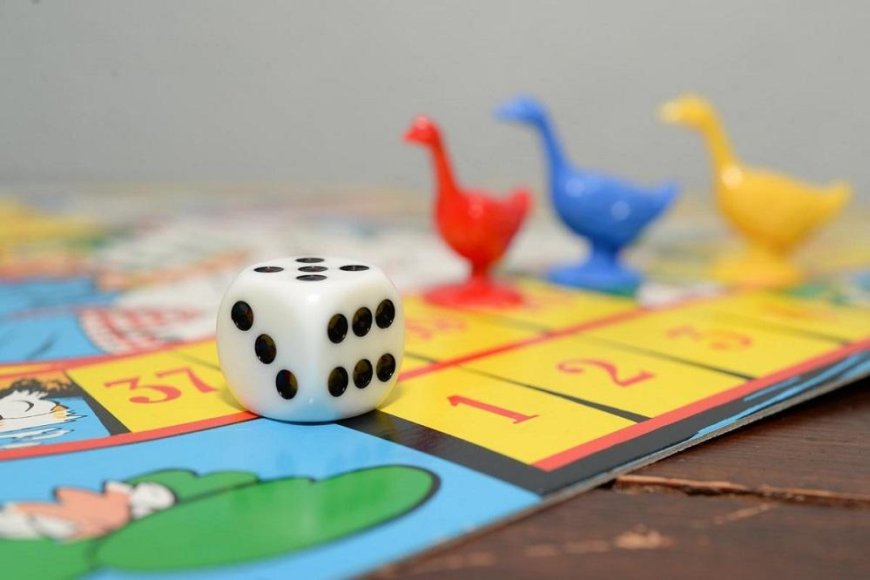Games for children and the security of their data
Can their leakage be dangerous for our children? And if so, how to protect our children? Games for children and the security of their data.

Age, gender, address or photos - almost every parent cautions children against sharing this type of information on the Internet. Poles are more and more aware of the consequences of intercepting their data by hackers or criminals who want to harm their children. Meanwhile, we rarely wonder how much confidential information the youngest pass to corporations through applications and games. What then happens with such data? Can their leakage be dangerous for our children? And if so, how to protect our children? Games for children and the security of their data.
Applications under control
The biggest ally in the fight against unjustified collection of data from the youngest Internet users is the American COPPA (Children's Online Privacy Protection Act). Introduced in 2000, it imposes restrictions on the collection of data from children under the age of 13 on websites and programs, including applications.
So, if a website wants to collect information from a young internet user, it can only do so with the consent of the child's parents and clearly communicating what data and for what purpose it is collected.
In practice, however, for many years larger and smaller companies have repeatedly infringed this act. In mid-2019, the popular YouTube platform was fined $ 170 million - all for using children's data to offer them personalized ads. The biggest players in the electronic entertainment market have finally noticed how crucial it is to respect the confidential data of young users, so nowadays children have many safe databases of games and applications at their disposal.
Must Read: A highly sensitive child “ how to support them
A large part of the games / applications are available for free in Google Play and the App Store. Two years ago, over 3,000 applications in the Google Play store broke the COPPA act - now the "for children" tab allows only software that does not collect confidential user data. The same is true for the "Kids" category in the App Store. YouTube also buckled under the pressure of criticism, introducing the YouTube Kids option with the option of commenting and advertising disabled.
Threatening applications - characteristics
Corporations such as Google and Facebook are suppliers that are particularly heavily controlled by various institutions. So if publishers of games and applications have to follow strict rules to make software available, e.g. via Google Play, as parents we should be especially careful when a child installs it from an unreliable source. This applies to all applications found from the depths of the Internet, including directly from developers' websites, not official program stores. The most important thing you should pay attention to, regardless of where you download the application, are "accesses". They define the category of data that the program can download from our device, e.g. phone location, photos or contacts. They also apply to tools - some applications use the possibility of using a microphone or a camera.
Each time we should also check the age at which the selected application is intended for the child - especially if the young user installs programs from outside the tabs dedicated to his age category. Such applications, considering the user to be older, process data for advertising or statistical purposes. Vigilance should arouse in us programs enabling the exchange of messages, videos or photos with other people. There is a reason why apps like Snapchat require users to be 13 years of age or older. Using such applications, a child can contact not only family or friends, but also share confidential information with strangers on the Internet - which may end tragically. For more information, see "The Dark Side of the Internet - How to Keep Children Safe?"
Which should raise our vigilance
If the application asks for access to things unrelated to its content, e.g. a simple puzzle game asks for access to photos, we should refrain from installing it. There are many games and applications that collect an unsettling amount of information about the user. Children very often do not realize the seriousness of the situation. That is why it is so important to make our child aware that he should pay attention to what he accepts and what is asked for, and not blindly clicking on the device screen. There are many applications on the web that seem to be safe for us. However, if we delve into the details of micropayments, permission to access the camera / microphone or sharing the location of the device, it may turn out that a regular game or application knows more about our child than it might seem.
Why is it worth warning your child
Remember that the more data a given application downloads, the greater the risk of interception by third parties. It is a good practice to remind your child regularly to change passwords regularly and to create them in line with security rules. Even if stolen login details do not harm us in the case of one application, hackers can use them to break into accounts on other websites. Dangerous, especially for less informed users, are applications that use micropayments - that is, those in which the user can buy additional in-game items for real money.
Thanks to the appropriate control of the application, we can minimize the risk of publishing sensitive data of our children. Most of the programs can be verified thanks to information articaled on the Internet or by checking the title in the device settings. If we additionally educate the child about online safety, we can be sure that we did everything we could.
